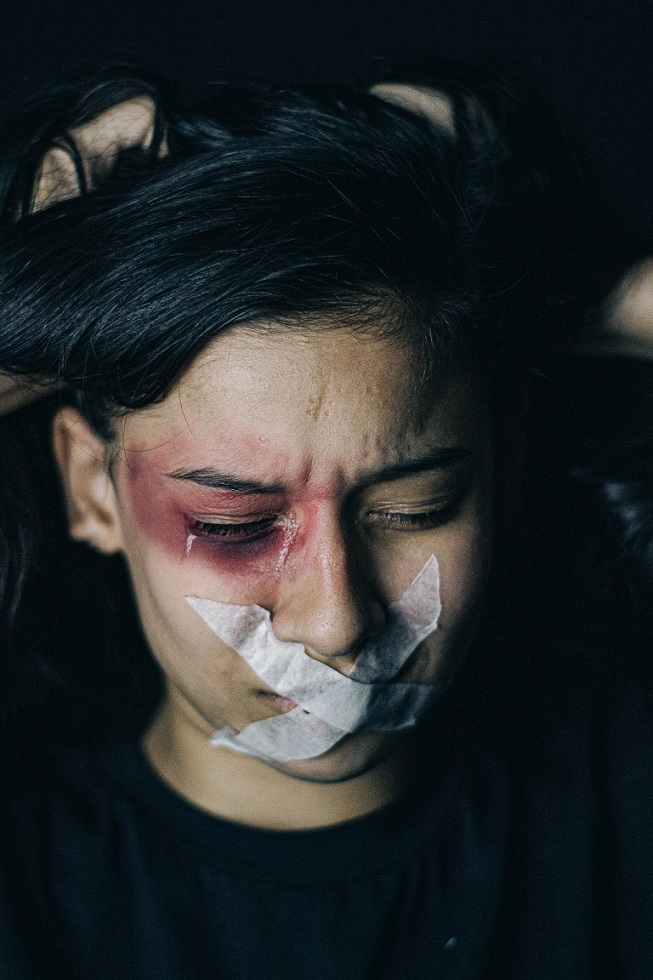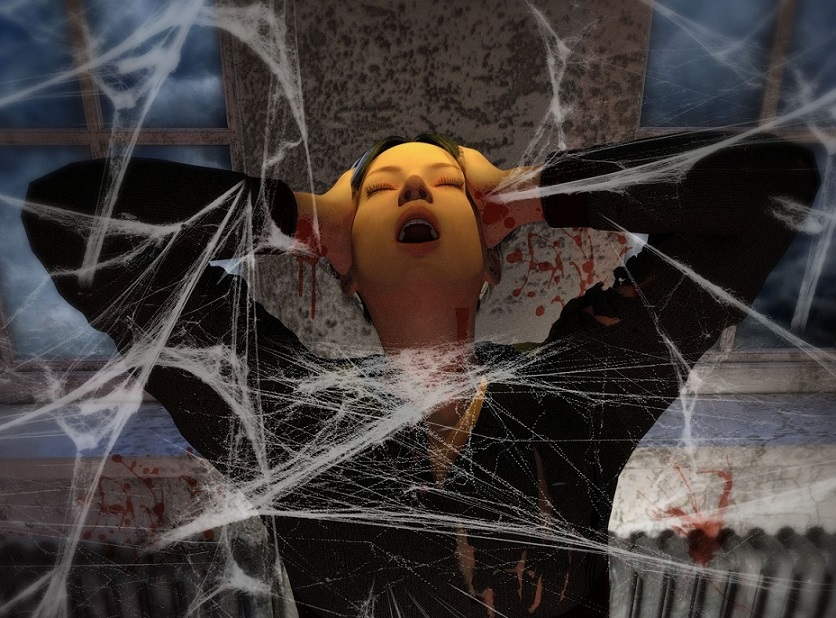Although it is true that the number of femicides in El Salvador has decreased in the last year, this does not mean that the country is safer for women, as there have been 916 more cases of sexual violence in the country.
 Luis Beatón
Luis Beatón
This is already an endemic problem in a country where women are discriminated against and abused in many ways.
Statistics reported by the Attorney General’s Office (FGR) in its last two reports revealed that there was a nationwide increase in cases of violence against women between June 2022 and May 2023.
Mariana Moisa, a feminist anthropologist from the collective “Las Incómodas” (The uncomfortable ones), argues that during Nayib Bukele’s government there is a constant denial of violence against women.
“For example, there is a lot of resistance to naming feminicide, there is resistance to addressing problems that have to do with situations that simply normalise violence,” said Moisa.
An article in the newspaper La Prensa Grafica (LPG) reports that in the last year, sexual violence (rape, sexual harassment, inappropriate touching, among others) increased by up to 13 per cent compared to the previous period. According to figures from the Prosecutor’s Office, the number of cases initiated between June 2022 and May 2023 for sexual violence was 7,939, i.e. 916 more cases. Psychological violence also increased by 9.8%. In the last year, prosecutorial authorities reported 6,744 cases of this type of abuse compared to 6,144 in the previous period.
Silvia Juárez, lawyer and coordinator of the Programme Towards a Life Free of Violence for Women, said that even the emergency regime does not seem to have stopped violence against women, despite the figures revealed by the Attorney General’s Office.
 The organisation Cristosal denounced the emergence of a new perpetrator in the country in the last 16 months, and many women have to live with him.
The organisation Cristosal denounced the emergence of a new perpetrator in the country in the last 16 months, and many women have to live with him.
Rina Montti, Cristosal’s human rights research director, pointed to police and soldiers who abuse relatives of people who were detained during the emergency regime.
“There is a fear of reporting these crimes. They are usually afraid that other police will come and also unfortunately these types of crimes are usually part of the black figures, because they are crimes that are part of the culture of silence,” he added. While LPG said that both Moisa and Montti regret that in recent years programmes aimed at guaranteeing women’s rights have been eliminated or reduced, and point out that there is currently “insufficient attention and protection”.
Montti also estimated that the increase in sexual violence could also be linked to the crisis in households due to the impact of economic malaise on family lives.
 “Bukele implemented the policy of silence, saying that by denying or not talking about us, they deny our existence and everything that happens to the bodies of girls and women,” said the expert.
“Bukele implemented the policy of silence, saying that by denying or not talking about us, they deny our existence and everything that happens to the bodies of girls and women,” said the expert.
In El Salvador, women outnumber men and turn out in greater numbers to elect the country’s authorities. PL
(Translated by Cristina Popa – Email: gcpopa83@gmail.com) – Photos: Pixabay












.jpg)












